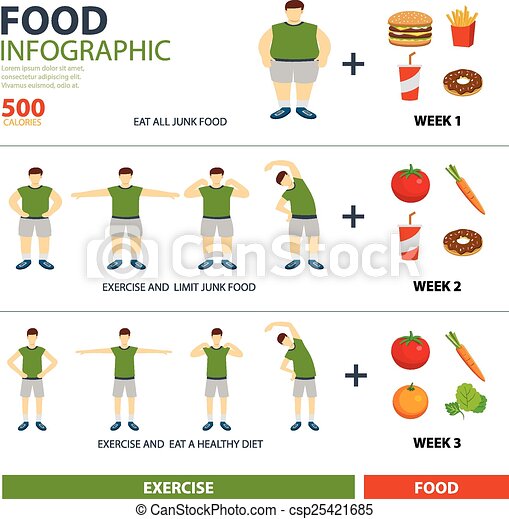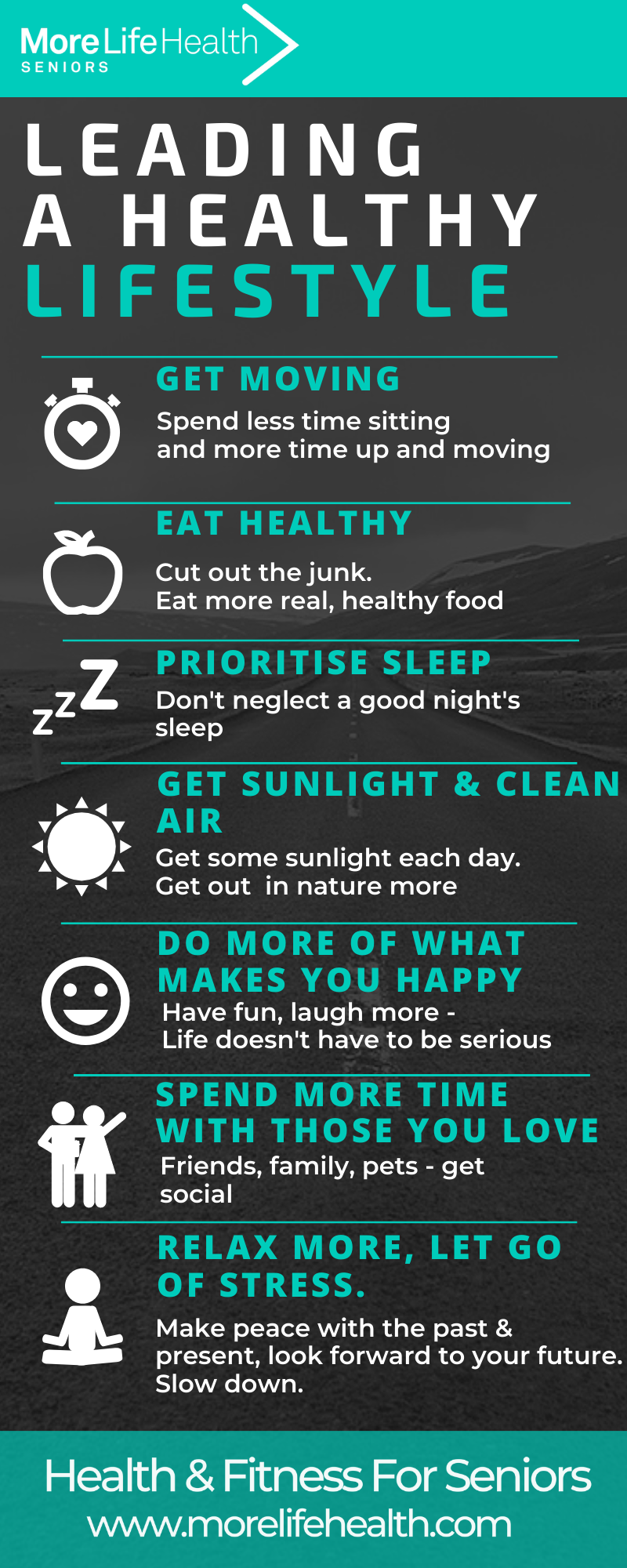
Carbohydrates refer to sugar molecules. They provide energy to the body and are crucial for health. Your body uses carbohydrates to power many functions. This includes the central nervous system and heart, kidneys, eyes, and muscles. It also stores glucose into your liver and muscles. A healthy diet with the right amount can reduce your risk of developing type 2 diabetes. But not all carbohydrates can be considered equal. Some carbohydrates are high-nutrient and have vitamins, others are lower on the glycemic scale.
Carbohydrates are another source of fiber. Fiber can help maintain a healthy level of blood cholesterol. Fiber can improve your digestion and reduce the likelihood of you overeating. Eating whole grains will help you lower your risk of getting heart disease. Whole grains are lower on glycemic, which means they are healthier.
There are three main types of carbohydrates: complex, simple, and fiber. Complex carbohydrates take longer to digest so they provide longer-lasting energy. These can be found in whole grains as well as fruits and vegetables. Complex carbohydrates not only boost energy, but also aid in healing after exercise.

Simple carbohydrates can be digested quickly. Simple carbohydrates are easy to digest. You may experience high blood sugar or high cholesterol if you consume a lot of them. Sugar is a natural ingredient in fruits and vegetables, but you can also add sugar to foods. Sugars can also be added to juices, sodas, sweets, and other foods. These foods are high in calories, but they also have low nutritional content.
Diabetics need to make sure they are choosing the right carbs. Consult a dietitian if you have diabetes to find the right carbs for you. Refined carbohydrates tend to be higher in calories and lower in nutrition. A lower percentage of carbohydrates found in whole grains and legumes will have a high Glycemic Index.
Complex carbohydrates are better choices than simple carbohydrates for your overall health. They stabilize your blood sugar and aid in digestion. Complex carbs are also good for muscle recovery after exercise. When you are working out, your body needs fuel so it can perform at its peak. A diet low in carbs can make it feel sluggish and could affect your performance.
You should be aware that your body requires carbohydrates. However, your diet shouldn't be restricted. Using a carbohydrate-deficient diet can lead to fatigue, nausea, bad breath, and constipation. You might also notice a reduction in your intake of vitamin B6, magnesium, and calcium. Vitamins are crucial for your health. Therefore, it is a good idea to consume enough of them.

Your age, gender, health, and other factors will determine if you need carbs. Talk to your doctor if you need restrictions or how much. Counting your carbs can also help you manage your blood sugar, which is important if you have diabetes. By avoiding unhealthy carbohydrates, you can maintain a healthy weight.
FAQ
How can I get enough vitamins
Most of your daily vitamin requirements can be met by diet alone. However, if you are deficient in any particular vitamin, taking supplements can help. You can purchase a multivitamin that includes all the vitamins needed. You can also get individual vitamins at your local drugstore.
Talk to your doctor if you have concerns about getting enough nutrients. Dark green leafy vegetables like spinach, broccoli and kale, as well as turnip greens and mustard greens such as turnip and mustard greens and bok choy, are rich in vitamins K & E.
Ask your doctor if there is any doubt about how much vitamin you should be taking. The doctor will determine the proper dosage based upon your medical history as well as your current health.
Here are five ways to lead a healthy lifestyle.
Are there 5 ways to have a healthy lifestyle?
A healthy lifestyle means eating right, being active, getting enough sleep, managing your stress levels, and having fun. Healthy eating means avoiding sugary and processed foods. Exercise can help you burn calories and strengthen your muscles. Sleeping enough can improve memory and concentration. Stress management reduces anxiety, depression and other symptoms. And finally, having fun keeps us young and vibrant.
What is the working principle of an antibiotic?
Antibiotics are drugs which destroy harmful bacteria. Antibiotics can be used to treat bacterial infection. There are many types and brands of antibiotics. Some can either be administered orally, while others may be injected. Other antibiotics can also be applied topically.
Antibiotics can often be prescribed for people who have been infected with certain germs. If someone has chicken pox, they might need to take an oral antibiotic in order to prevent shingles. For those with strep-thorphritis, an injection of penicillin could be given to prevent them from getting pneumonia.
When antibiotics are given to children, they should be given by a doctor. The possibility of side effects that can cause serious side effects in children is greater than for adults.
Diarrhea is one of the most common side effects of antibiotics. Other possible side effects include stomach cramps, nausea, vomiting, allergic reactions, headaches, dizziness, and rashes. These side effects are usually gone once the treatment has finished.
What are the 10 most delicious foods?
These are the 10 best foods you can eat:
-
Avocados
-
Berries
-
Broccoli
-
Cauliflower
-
Eggs
-
Fish
-
Grains
-
Nuts
-
Oats
-
Salmon
Why is it important to live a healthy life?
Healthy lifestyles lead to happier and longer lives. Regular exercise, healthy eating habits, healthy sleep habits and stress management can all help prevent strokes, heart disease, diabetes, and cancer.
By living a healthy lifestyle, we can improve our mental health. It will make us more resilient to everyday stress. A healthy lifestyle will increase self confidence, and it will make us feel younger.
What is the difference among a virus or bacterium and what are their differences?
A virus is an organism microscopic that can't reproduce outside its host cells. A bacterium, a single-celled organism, reproduces by splitting into two. Viruses are small, around 20 nanometers in size. Bacteria are much larger, at 1 micron.
Viruses spread easily through contact with bodily fluids infected, including saliva and urine, semen, vaginal secretions or pus. Bacteria can be spread by direct contact with infected objects and surfaces.
Viral infections can be transmitted through skin cuts, scrapes and bites. They can also get into the skin through the nose, mouth and eyes, ears as well as through the rectum, rectum and anus.
Bacteria can enter the body through cuts, scrapes burns and other injuries to the skin. They can also be introduced to our bodies by food, water and soil.
Both bacteria as well as viruses can cause illness. Viruses can not multiply in the host. They can only infect living cells and cause illness.
Bacteria may spread to other people and cause sickness. They can even invade other parts of the body. They can even invade other parts of the body, which is why antibiotics are necessary to eradicate them.
Statistics
- WHO recommends reducing saturated fats to less than 10% of total energy intake; reducing trans-fats to less than 1% of total energy intake; and replacing both saturated fats and trans-fats to unsaturated fats. (who.int)
- WHO recommends consuming less than 5% of total energy intake for additional health benefits. (who.int)
- The Dietary Guidelines for Americans recommend keeping added sugar intake below 10% of your daily calorie intake, while the World Health Organization recommends slashing added sugars to 5% or less of your daily calories for optimal health (59Trusted (healthline.com)
- According to the 2020 Dietary Guidelines for Americans, a balanced diet high in fruits and vegetables, lean protein, low-fat dairy and whole grains is needed for optimal energy. (mayoclinichealthsystem.org)
External Links
How To
How to Keep Your Health and Well-Being In Balance
This project had the main purpose of providing suggestions for how to maintain your health. To maintain good health, the first step is to learn what you can do. We had to learn what was good for our bodies in order to do this. We then looked at different ways in which people try to improve their health and we found out that there were many things that could help us. Finally, we came up some tips that would make us happier and healthier.
We started off by looking at the different types of food that we eat. Some foods are harmful and some are good for us. We now know that sugar can be dangerous because it can cause weight gain. Fruits and vegetables, on the other hand are healthy because they are rich in vitamins and minerals that are vital for our bodies.
Next, we discussed exercise. Exercise improves the strength and energy of our bodies. Exercise makes us happy. There are many activities that you can do. Some examples include walking, running, swimming, dancing, playing sports, and lifting weights. Yoga is another way to improve your strength. Yoga is a great exercise, as it increases flexibility. You should avoid eating junk food and drink lots if you are looking to lose weight.
Let's talk about sleep. Sleep is one of the most important things that we do every day. We become tired and stressed if we don't get enough rest. This can lead to headaches, back pain and other health problems, such as depression, heart disease, diabetes, heart disease, and obesity. If we want to be healthy, we need to get enough sleep.